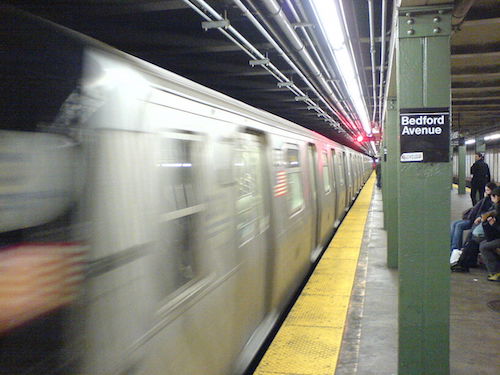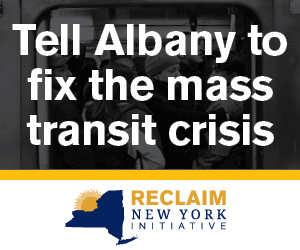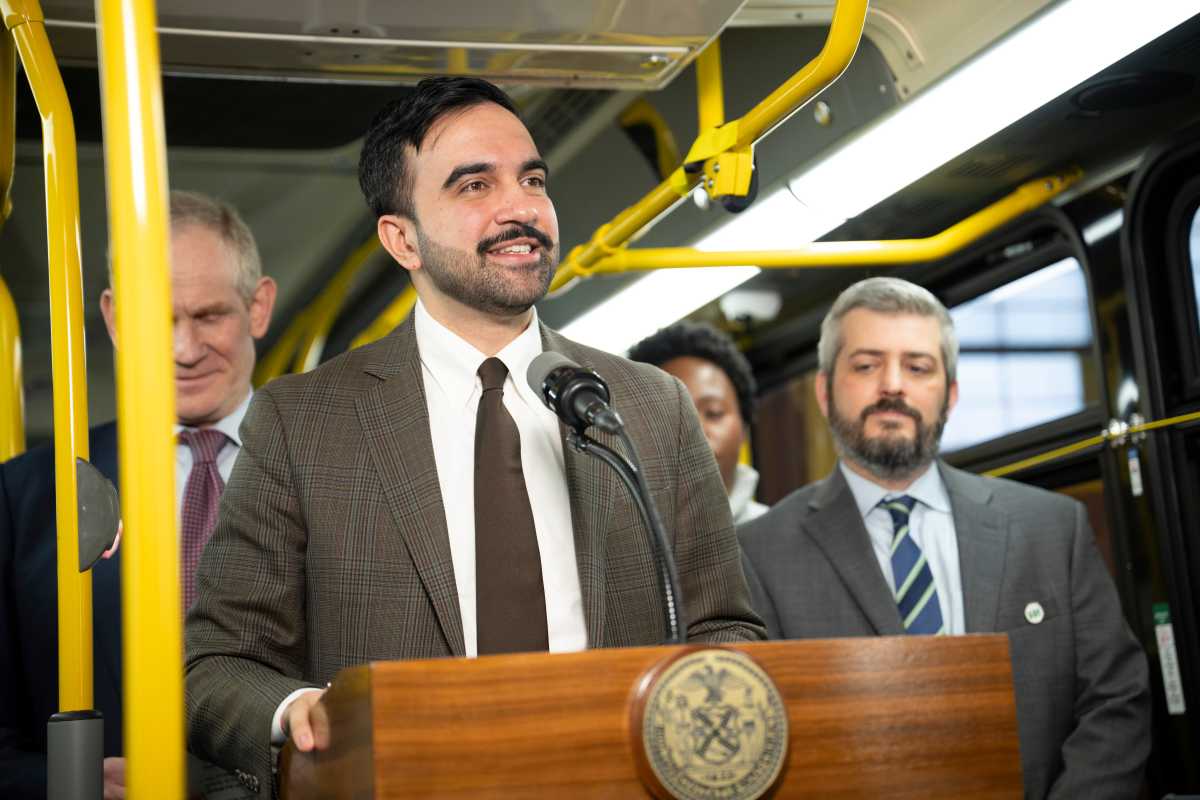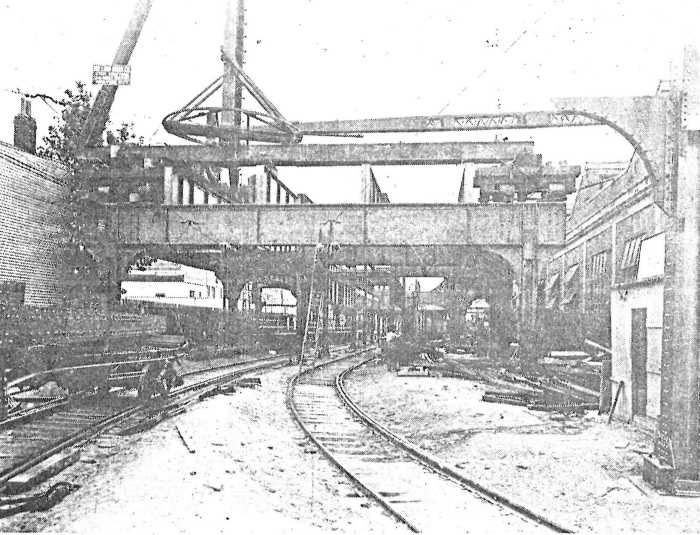It sounds like a scene out of a horror film. Passengers crammed into a subway train during rush hour on their way home from work. A tough commute that is about to get downright dangerous. The train stops and starts in fits.
Suddenly, it slows again and then stops with a jerk. The lights go out, and panicky straphangers are left wondering what has happened. They’re stuck, with no way out.
This isn’t a movie. It happened last month as a southbound F train stalled and got stuck in a tunnel near the Broadway and Lafayette station due to mechanical problems. The lights went out, and then so did the air conditioning. The passengers were trapped on this dark, hot, stifling train for over an hour.
This should be a once-in-a-lifetime story, but it is far too common during the “summer of hell” for New York City commuters.
An A train derailed in late June, injuring dozens on its way through Harlem. Penn Station saw its third derailment since March when an NJ Transit train came off the tracks.

These type of situations are becoming all the more common as the overall state of our subways and buses is quickly devolving into a third-rate transportation system.
These disasters are just the most jaw-dropping sign that the transit system is decades behind in long overdue upgrades and infrastructure improvements.
According to the Citizens Advisory Committee to the MTA, the on-time performance of the 5 train is at 37 percent now – late more often than it was in the 80s and 90s.
A new survey of over 1,000 riders done by the City Comptroller’s office finds an overwhelming 74 percent of subway riders have been late to work thanks to delays.
In Brooklyn and Staten Island, the impact of the transit decline is very real, and personal.
There are bus lines in neighborhoods like Southwest Brooklyn, that so often skip stops entirely that some riders just scoff at the posted schedules, and are left to hope that a bus eventually shows up.
There are those who take local buses into Brooklyn and transfer for the subway, but most use the R train, one of the city’s most notoriously unreliable and underserviced trains in the system.
A little over a year ago local elected officials held a large protest outside one of the stations. R train riders used to poor service were fed up with trains not showing up for half an hour during rush hour and having to travel in cramped conditions.
Commuters from Staten Island have long dealt with problems like these, leading to one of the longest average commuting times in the nation. For that poor performance, they’re paying top-dollar. Many Staten Islanders take Express Buses into Manhattan at a cost of $6.50 each way.
This is a crisis, and we’re not getting what we’re paying for. In 2012 we had an average 28,000 subway delays per month. Thus far in 2017, we’ve averaged more than 70,000 delays per month.
We’re not talking about a train arriving five minutes late, we are talking about trains arriving 20 minutes late or more. Buses routinely break down and are taken out of service.
Folks are legitimately worried about keeping their jobs. The Comptroller’s survey found 13 percent of respondents lost wages, and 2 percent actually got fired.
No New Yorker should have to worry about losing their job because the trains and buses can’t run on a predictable schedule – especially when city residents send over $10 billion per year to the MTA.
As our transportation system continues to break down, our Governor and Mayor shift between squabbling, and gimmicky press conferences, as they dodge blame over the current MTA nightmare.
It is time for our elected officials to get to work, stop with the big spending on flashy projects, and focus on needed repairs and maintenance to get the system working again.
Commuters deserve on-time performance, not worrying about being stuck in tunnels clawing at windows to figure out what is going on.
New Yorkers must hold politicians’ feet to the track fire and demand smarter spending, management focused on maintenance and on-time performance, and not get tricked into throwing more cash at an agency that has wasted too much time and money already.
Nicholas Chamberas is from Reclaim New York, a non-partisan, non-profit organization that empowers New Yorkers, through education and civic engagement, to reclaim ownership of their government.










